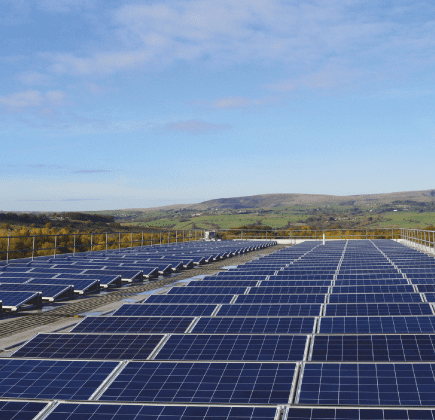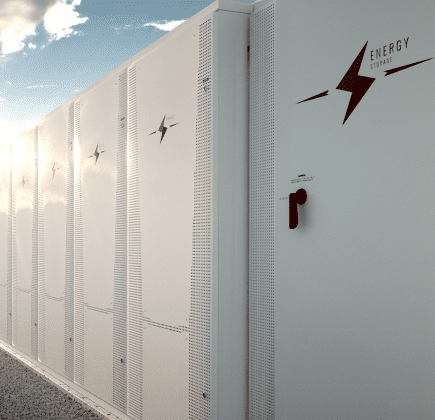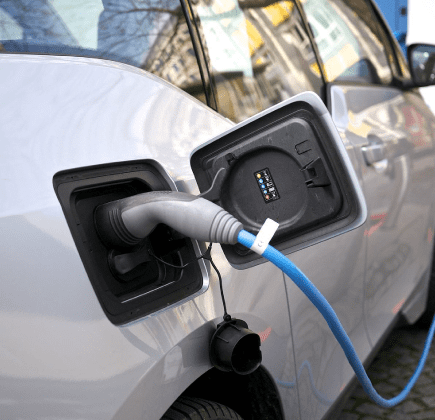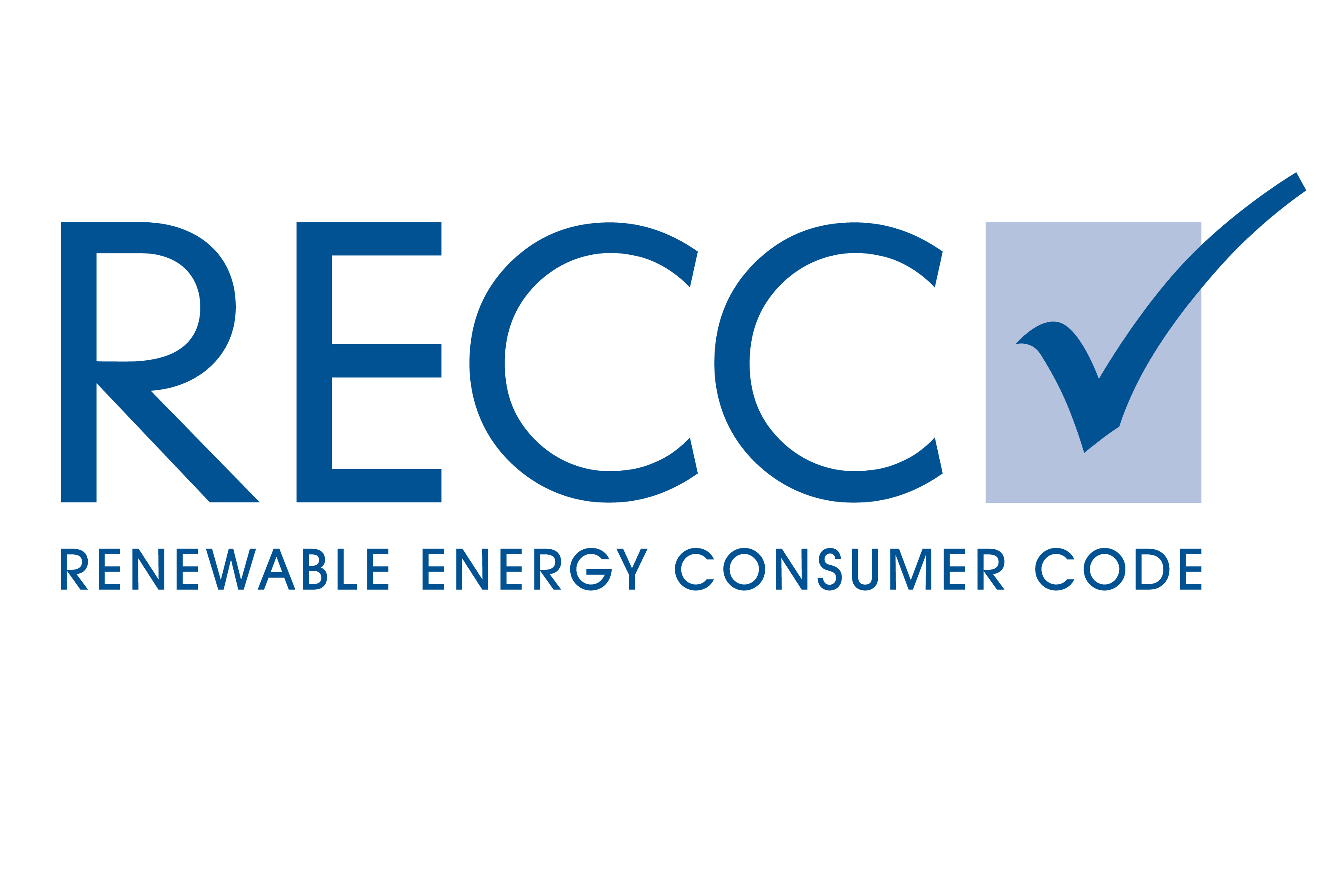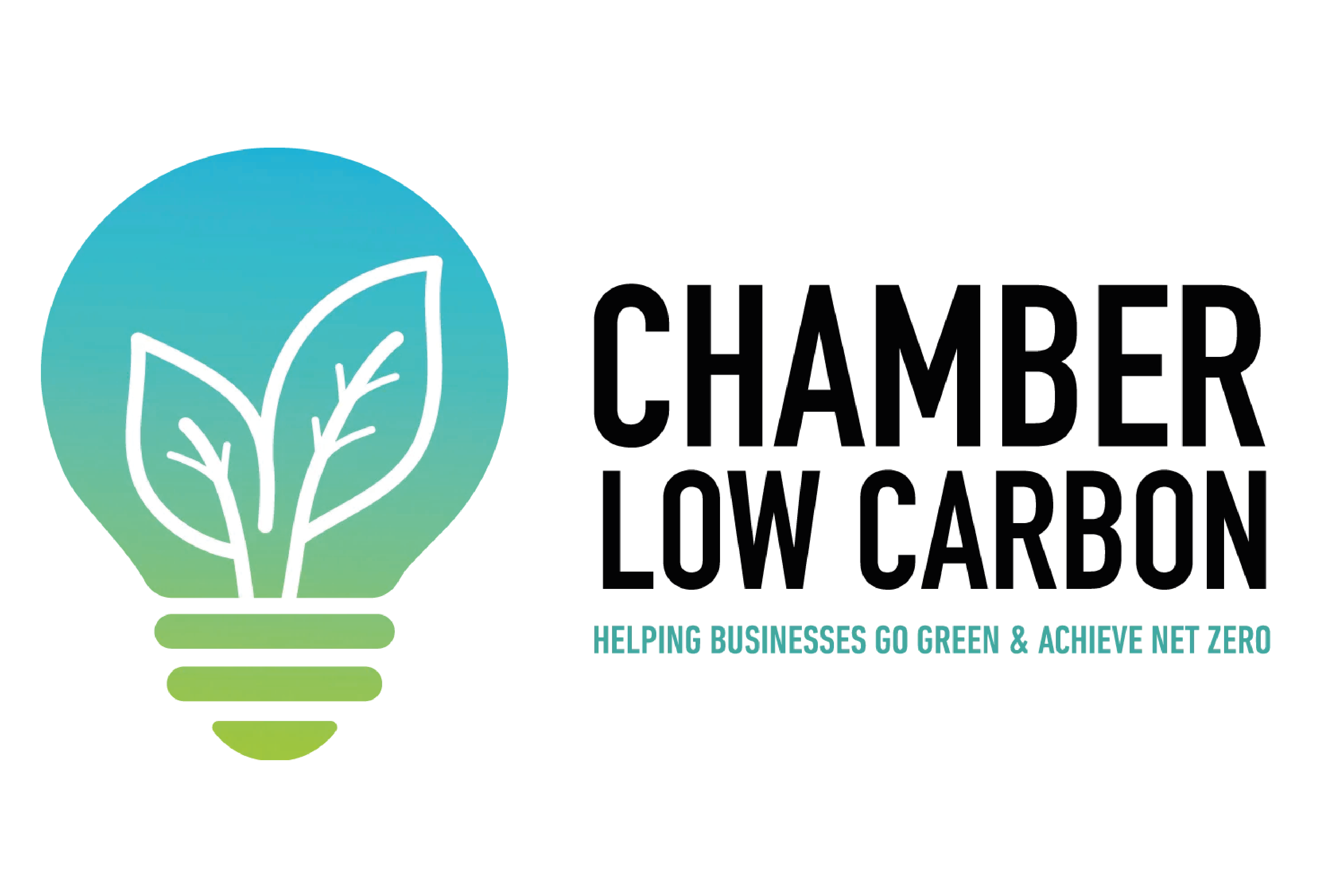
What would be involved in a solar revolution? 5 key priorities
In the midst of the continuing global climate emergency, it’s universally clear that the role of solar is more important than ever. It’s an enduring truth that was thrown into particularly sharp relief by the recent Net Zero Review, a government-commissioned report released earlier this year by Net Zero tsar Chris Skidmore.
The report’s primary focus was to examine the current condition of the UK renewables industry, and propose practical, effective solutions to help us reach Net Zero while maximising economic growth. As you might imagine, it was a fairly extensive report, and we covered it in quite some detail ourselves here at Low Carbon Energy.
Some of the report’s recommendations are already being implemented: for example, the government has already set up a joint taskforce with the solar industry to achieve 70GW of solar capacity by 2035. (That’s about four and a half times what we have now.)
One term you may have heard more frequently since the report’s release is the idea of a ‘solar revolution’ – helping the UK to cement its role as a global climate leader by capitalising on one of the cheapest and greenest sources of power. Of course, countless businesses are already enjoying the advantages of commercial solar panels – but in terms of reaching national goals, we’ve still got a fair way to go. As the report highlights, the UK could still be doing more to maximise the deployment of ground and rooftop solar.
And all that naturally begs the question: what exactly would a solar revolution involve?
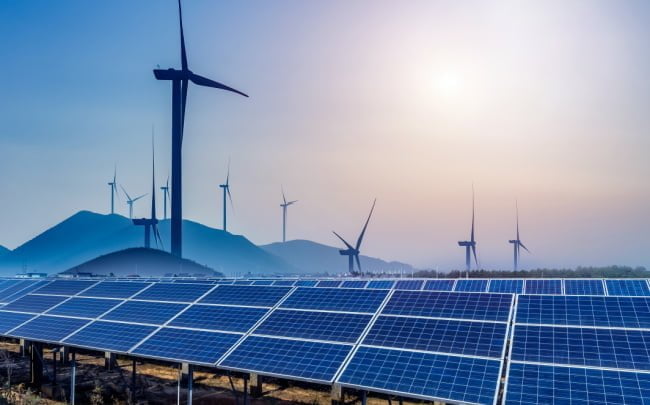
Consistent policy support
One criticism that’s been levelled at the government in recent years is that its stance on the renewable sector has been, at best, inconsistent – and that’s not been helped by the constantly rotating door of 10 Downing Street. Whether you like or loathe Boris Johnson, even his critics conceded that his green ambitions were apparently sincere (even if the execution sometimes left a lot to be desired). Liz Truss on the other hand was – to put it politely – generally very pro-fossil-fuel, which is probably to be reasonably expected of a politician who spent several years working for Shell.
Right now, her successor Rishi Sunak seems to fall somewhere between the two – there are few signs of open hostility, but as Chancellor he was apparently more inclined to see “the costs rather than the benefits.”
Optimists in the industry hope his stance may be softening in that regard, but even so, he’s inherited a long legacy of government flip-flopping, as various schemes are announced and ultimately discontinued, incentives launched and eventually revoked.
In Mr Skidmore’s report, he makes it clear that this overarching theme of inconsistency on green energy has led to a lack of support in the government (whose latest measures include a new electricity tax). That’s ultimately resulted in putting investment at risk. The report argues that a key priority now therefore should be to de-risk investment by committing to a consistent policy of support for the renewables industry, and – crucially – sticking to those promises in the long-term.
Improving access to finance
You don’t necessarily have to be an expert to surmise that cost is one of the most enduring obstacles to widespread take-up of solar panels, especially for small businesses and homeowners. So far, affordable loans are one of the primary measures being trialled in an effort to resolve the issue. The government is considering the assessment of low-cost finance options from retail lenders, mainly aimed at homeowners and small businesses. That could then open the door for a greater uptake of solar.
It’s also worth mentioning that Caroline Lucas of the Green Party is strongly in favour of a more radical – but potentially effective – measure. Namely, for the government to legally mandate solar panels for all suitable new build homes. The argument is that this will increase the value of the property, and help to reduce the energy expenses of anyone living there.
As Mrs Lucas points out, 80% of the buildings that will exist in 2050 have already been built, but that still leaves 20% – so there’s a good opportunity to make the most of it. And the public seems to agree: a YouGov poll conducted in December 2022 found that 80% of people across the UK would support the government introducing regulations to make solar panels are the default on all new houses.
The finer details have yet to be set in stone, but it’s definitely all working towards a single aim: ensuring that the markets, finance and support exists to ensure that solar is accessible for all.
Improving battery storage rollout
Battery storage has always been a key consideration for businesses and homeowners – helping them to make the most of their stored electricity – but it’s now increasingly becoming a more significant consideration on a national scale too, especially since the publication of the report.
Essentially, under the current rules, there are still some minor obstacles that prevent them from being as widespread and affordable as they could be. For example, right now, if a battery were to be installed retrospectively, then it would still be subject to VAT. Consequently, prominent groups like the Environmental Audit Committee are now urging the Chancellor to extend a VAT discount to household battery storage, which would help to drive costs down further.
There are a couple of other encouraging recent measures too – the UK Infrastructure Bank has recently announced plans to invest £200m into short-term and long-term electricity storage. The hopes are that this will attract further private capital into the sector.
Improving the UK’s solar infrastructure
Infrastructure comprises one of the key priorities for the government’s newly-created solar taskforce. Specifically, the body needs to address the need for major improvements in network capacity and management.
This is a particularly pressing issue that’s already having a tangible effect on lots of current projects – some larger projects are unable to connect to the grid, and in a significant number of cases, waiting times for the necessary upgrades are extending well into the 2030s. That’s holding back the UK’s renewables economy, making it harder to people to cut their bills, and for Britain as a whole to reach Net Zero.
There are a couple of specific issues that are contributing to the overall problem with infrastructure. Crucially, it’s about a lack of actual physical infrastructure like cables and transformers. The poor availability of national data on solar PV generation doesn’t help, particularly when it comes to small-scale installations.
There are some positive steps being taken to resolve the issues though. As we touched on above, the newly-formed joint taskforce is already hard at work looking at solutions. What’s more, the Electricity Networks Commissioner Nick Winser has said that he intends to halve delivery times for new infrastructure (due in June), which has been very welcome news for lots of industry observers.
Expanding the UK’s solar workforce
Evolving technologies generally require (and create) new skills, and it’s no different when it comes to solar. In fact, it’s an industry that’s growing at a particularly rapid pace, making it all the more crucial for the government to make sure that the UK sector’s workforce grows in line with demand. Installers, technicians and engineers are obviously critical to installing the actual technology and keeping it in optimal condition, but the industry also needs support staff to handle the sales, administration, and ongoing management of large and small projects alike.
It’s not an issue unique to the UK – it’s one that the EU as a whole is currently grappling with, too. There are various options currently being explored: industry resources are strongly recommending that employers tap into what they’re calling local workforce development resources, such as training providers and community colleges. Others point to the potential of expanding work-based training programmes that facilitate on-the-job training for newcomers to the industry, alongside more established apprenticeships.
Solving any one of these problems alone will be a huge step towards finally reaching Net Zero – but with enough creative thinking, innovation and political will, all of them should be well within our means. And achieving that will bring a true solar revolution.
Personally, we’re committed to doing our part here at Low Carbon Energy, by helping you enjoy the fantastic range of benefits from commercial solar panels. Our experts have over 30 years of combined experience, having helped SMEs and large corporations across a wide variety of sectors transform their business’ energy supply.
Each of our installations is bespoke, and we tailor your solution on your specific energy profile, helping us to maximise carbon reductions and save you up to thousands of pounds in energy bills. Feel free to look at our case studies for just a few examples of businesses which have reaped huge rewards from solar, such as Boeing and Irish Water. To find out how we can help you, feel free to give us a call today on 01282 421 489!
 Energy Technology
Energy Technology

Powering your present. Preserving your future.
Call us on 01282 421 489

strategy be a priority?

